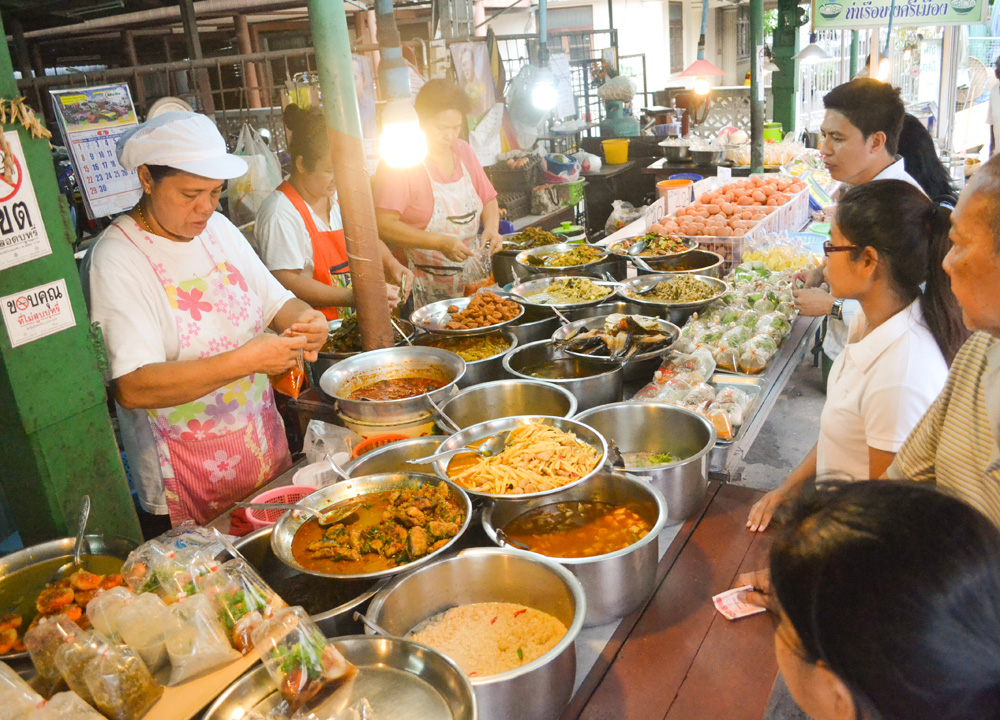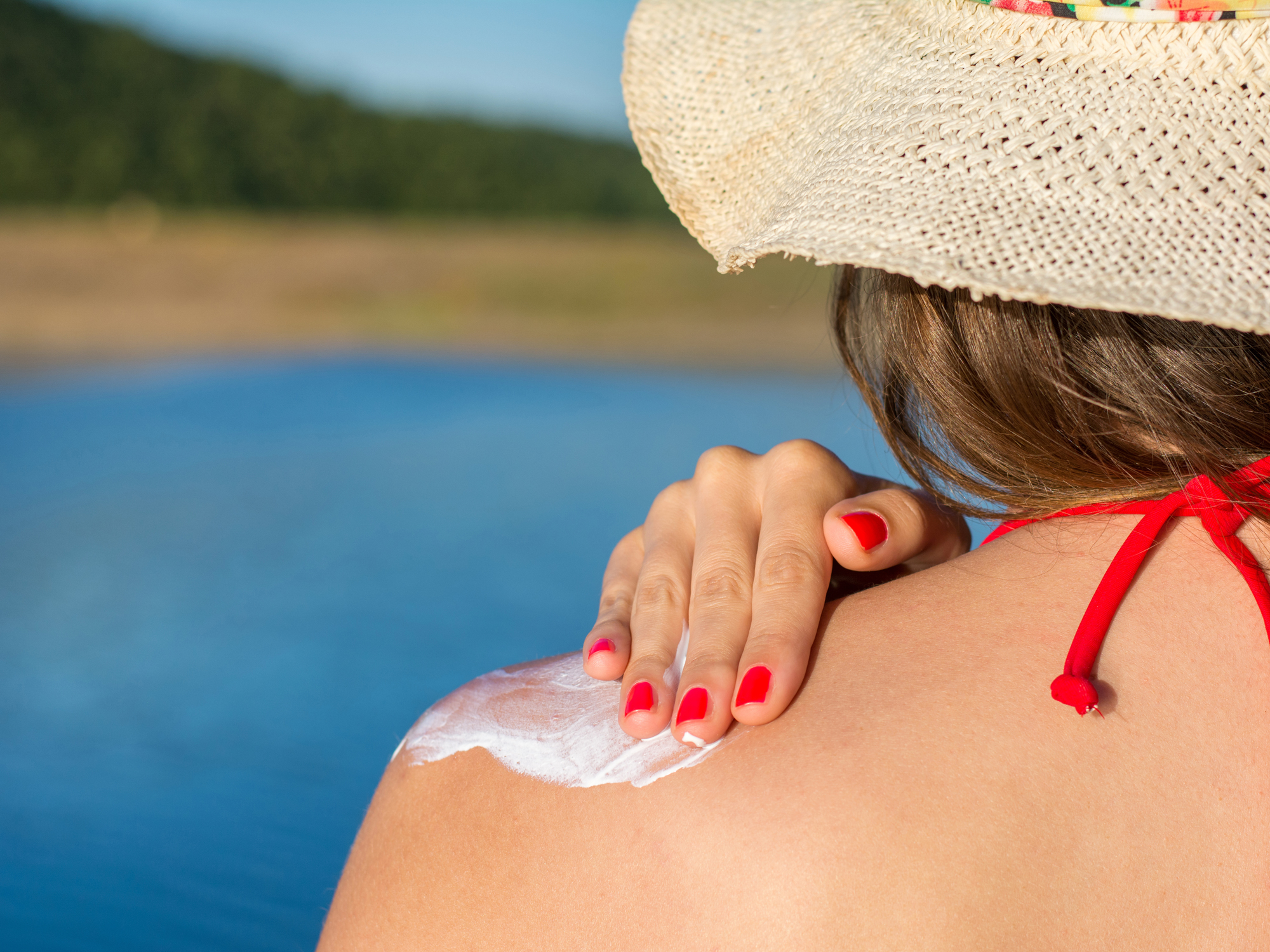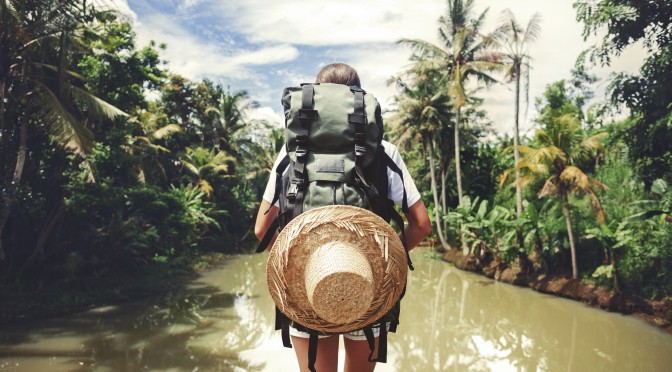Sri Lanka, the teardrop-shaped island in the Indian Ocean, is known for its stunning beaches, vibrant culture, ancient ruins and lush landscapes. But like any travel destination, it’s important to stay informed and prepared to ensure a safe and healthy trip.
1. Vaccinations & Health Precautions
Before you travel, it’s advisable to visit a travel clinic or speak with your GP 6–8 weeks in advance.
Recommended vaccinations:
- Tetanus – Make sure your booster is up to date.
- Hepatitis A – A common risk in areas with lower hygiene standards.
- Typhoid – Particularly if travelling to rural areas or eating street food.
- Hepatitis B – Recommended for longer trips or if there’s a chance of medical treatment abroad. The possibility of being in a road traffic accident would be a serious concern.
- Rabies – Consider this if you’ll be around animals or in remote areas and especially if you are visiting any temples where monkeys are always present and frequently very intrusive.
Yellow Fever Note: If you’re arriving from a country where yellow fever is present, proof of vaccination may be required.
You can get all required and optional vaccines at your nearest TMB clinic.
2. Mosquito-Borne Diseases
Sri Lanka experiences a dual monsoon season (3 months dry, 3 months rainy etc) and this typically keeps the humidity high and provides a perfect habitation for mosquitoes!
These pesky creatures can carry diseases so even though Malaria has been eliminated in the country other serious diseases include Dengue fever, Chikungunya and Zika. Avoiding mosquito bites remains the best protection.
Tips for mosquito protection:
- Use a repellent with DEET or picaridin.
- Wear light coloured, trousers and long-sleeved clothing in the evenings.
- Sleep under a mosquito net where necessary.
- Choose accommodation with screens or air conditioning.
3. Food & Water Safety

- Drink bottled or purified water only – avoid tap water.
- Avoid ice in your drinks as typically that will have been made from tap water.
- Stick to hot, freshly cooked meals.
- Avoid raw salads and peel fruit where possible. Eating street food is usually a higher risk and better avoided.
4. Personal Safety
Sri Lanka is generally a friendly and welcoming country, but it’s wise to stay alert:
- Terrorism threat: There is a risk, particularly in crowded public spaces and religious sites – stay updated with advice from your embassy.
- Petty crime: Pickpocketing and bag snatching do occur. Keep valuables secure and avoid displaying wealth.
- Solo travellers: Exercise usual caution, especially after dark or in isolated areas.
5. Cultural Etiquette & Laws
- Dress modestly, especially when visiting temples. Shoulders and knees should always be covered.
- Shoes and hats must be removed before entering religious sites.
- Public displays of affection are frowned upon.
- LGBTQ+ travellers: Same-sex relationships are technically criminalised, and discretion is strongly advised.
- Don’t take selfies with your back to Buddha statues – this is considered disrespectful.
6. Road Safety
- Roads can be busy, chaotic, and poorly maintained in many areas.
- Hiring a local driver is always a better and safer option as you will be unfamiliar with local driving habits.
- Tuk-tuks are plentiful, provide little safety but if you decide you wish to have that adventure agree on a fare beforehand or ensure the metre is running.
7. Environmental Hazards

- Sun exposure: The tropical sun is intense – wear high-factor sunscreen, sunglasses, and a hat.
- Dehydration: Drink plenty of fluids, especially if you’re active or hiking.
- Wildlife: Avoid feeding or provoking monkeys, stray dogs or elephants. Rabies is a always risk.
Final Tips
- Travel Insurance: Always have comprehensive insurance that covers health, accidents and theft.
- Local Emergency Number: In Sri Lanka, dial 119 for police emergencies.

